
- Ahmed Al-Dawoody
- Journal of Islamic and Near Eastern Law
- 2015
- 17
- 7796
- 3268
- 2699
This paper examines the contributions of the Ḥanafī jurist al-Sarakhsī (d. 483 AH/1090-91 CE) to the development of the Islamic conceptions of (1) jus ad bellum (the principles concerning the permissibility of the decision to wage war) and (2) jus in bello (the rules regulating warfare) in both international and domestic armed conflicts. By examining al-Sarakhsī’s treatment of the use of force by both state and non-state actors in his monumental work al-Mabsūṭ, this paper answers important questions concerning Islamic justifications for waging war and Islamic rules regulating warfare. First, it asks whether Islam sanctions offensive war against non-Muslims because of their religious beliefs. Second, it investigates the extent to which Islamic jus in bello
rules are consistent with the four Geneva Conventions of 1949 and their Additional Protocols? Third, examines the circumstances under which it is permissible for Muslims to rebel against their ruler? Fourth, it explores the meaning of terrorism according to Islamic law and whether or not terrorism is punishable under Islamic law.
This paper compares al-Sarakhsī’s interpretations with those of other prominent Ḥanafī, Mālikī, Shāfi‛ī and Ḥanbalī jurists regarding the Islamic law of war. Al-Sarakhsī’s answers to the questions posed above may provide some insight into the potential impact the law of war of one of the world’s most influential legal systems may have on the peace of our globalized world. This paper argues that certain rules developed by al-Sarakhsī regulating the wartime conduct of Muslim armies ought to be reevaluated by Muslim jurists today in light of present armed conflict in both international and domestic contexts.
The paper was first published on Journal of Islamic and Near Eastern Law, 14 (1), 2015.


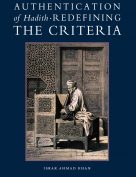
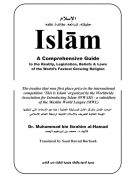
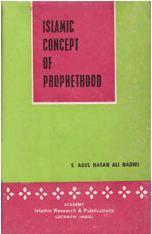
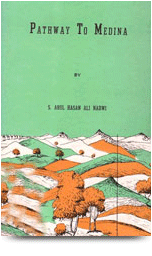


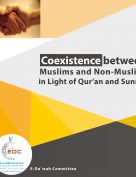
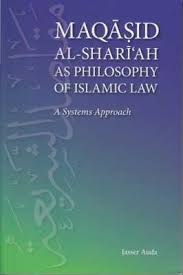
 Afar
Afar Afrikaans
Afrikaans Akan
Akan Albanian
Albanian Amharic
Amharic Arabic
Arabic Armenian
Armenian Assamese
Assamese Avari
Avari Azerbaijani
Azerbaijani Basaa
Basaa Bengali
Bengali Bosnian
Bosnian Brahui
Brahui Bulgarian
Bulgarian Burmese
Burmese Catalan
Catalan Chami
Chami Chechen
Chechen Chichewa
Chichewa Chinese
Chinese Circassian
Circassian Comorian
Comorian Czech
Czech Danish
Danish Deutsch
Deutsch Dutch
Dutch English
English Estonian
Estonian Finnish
Finnish French
French Fulani
Fulani Georgian
Georgian Greek
Greek Gujarati
Gujarati Hausa
Hausa Hebrew
Hebrew Hindi
Hindi Hungarian
Hungarian Icelandic
Icelandic Indonesian
Indonesian Ingush
Ingush Italian
Italian Japanese
Japanese Jawla
Jawla Kannada
Kannada Kashmiri
Kashmiri Katlaniyah
Katlaniyah Kazakh
Kazakh Khmer
Khmer Kinyarwanda
Kinyarwanda Korean
Korean Kurdish
Kurdish Kyrgyz
Kyrgyz Latvian
Latvian Luganda
Luganda Macedonian
Macedonian Malagasy
Malagasy Malay
Malay Maldivian
Maldivian Maranao
Maranao Mongolian
Mongolian N'ko
N'ko Nepali
Nepali Norwegian
Norwegian Oromo
Oromo Pashto
Pashto Persian
Persian Polish
Polish Portuguese
Portuguese Romani - gypsy
Romani - gypsy Romanian
Romanian Russian
Russian Serbian
Serbian Sindhi
Sindhi Sinhalese
Sinhalese Slovak
Slovak Slovenian
Slovenian Somali
Somali Spanish
Spanish Swahili
Swahili Swedish
Swedish Tagalog
Tagalog Tajik
Tajik Tamazight
Tamazight Tashamiya
Tashamiya Tatar
Tatar Thai
Thai Tigrinya
Tigrinya Turkish
Turkish Turkmen
Turkmen Ukrainian
Ukrainian Urdu
Urdu Uyghur
Uyghur Uzbek
Uzbek Vietnamese
Vietnamese Yoruba
Yoruba Zulu
Zulu